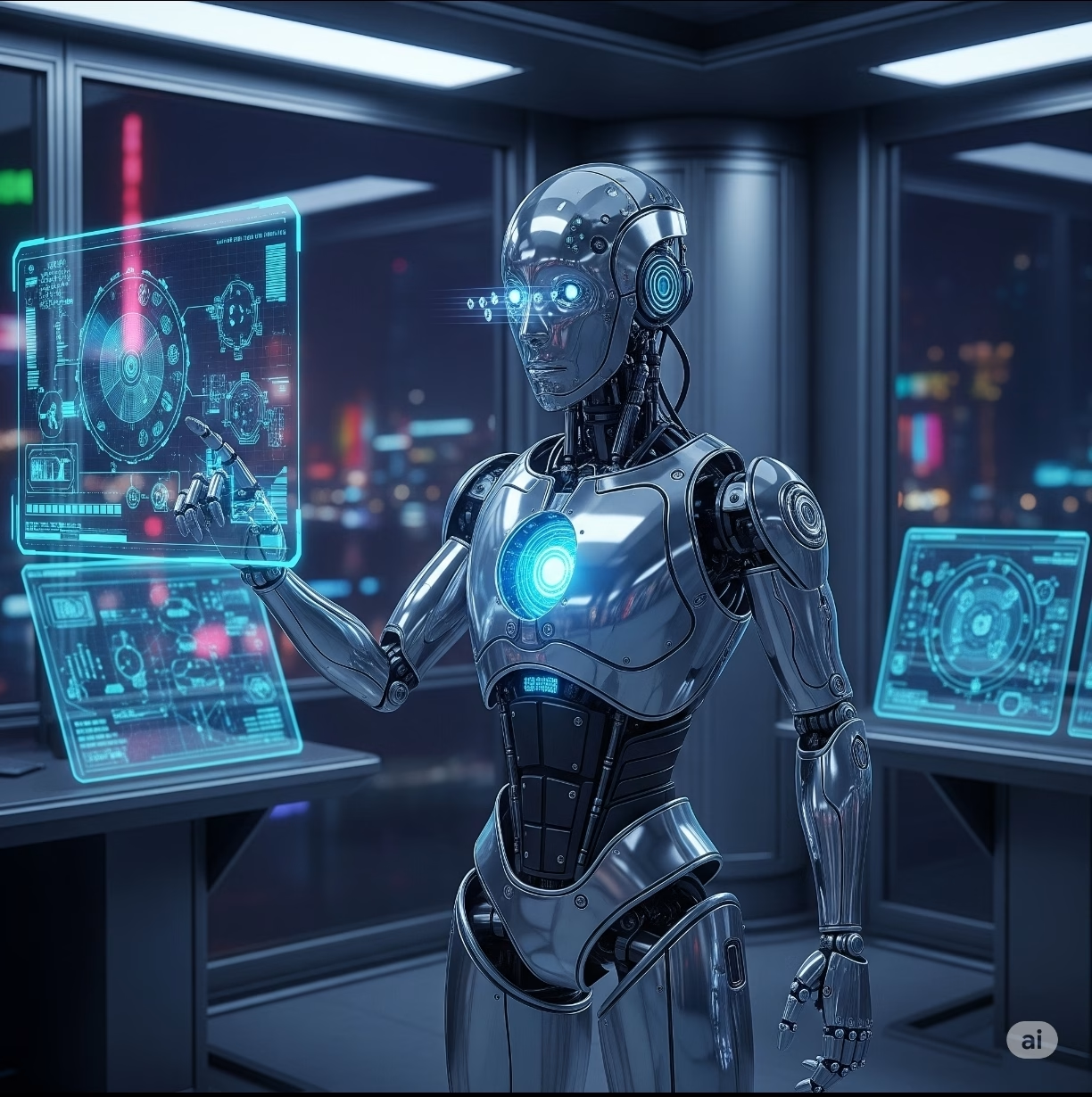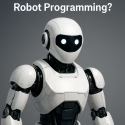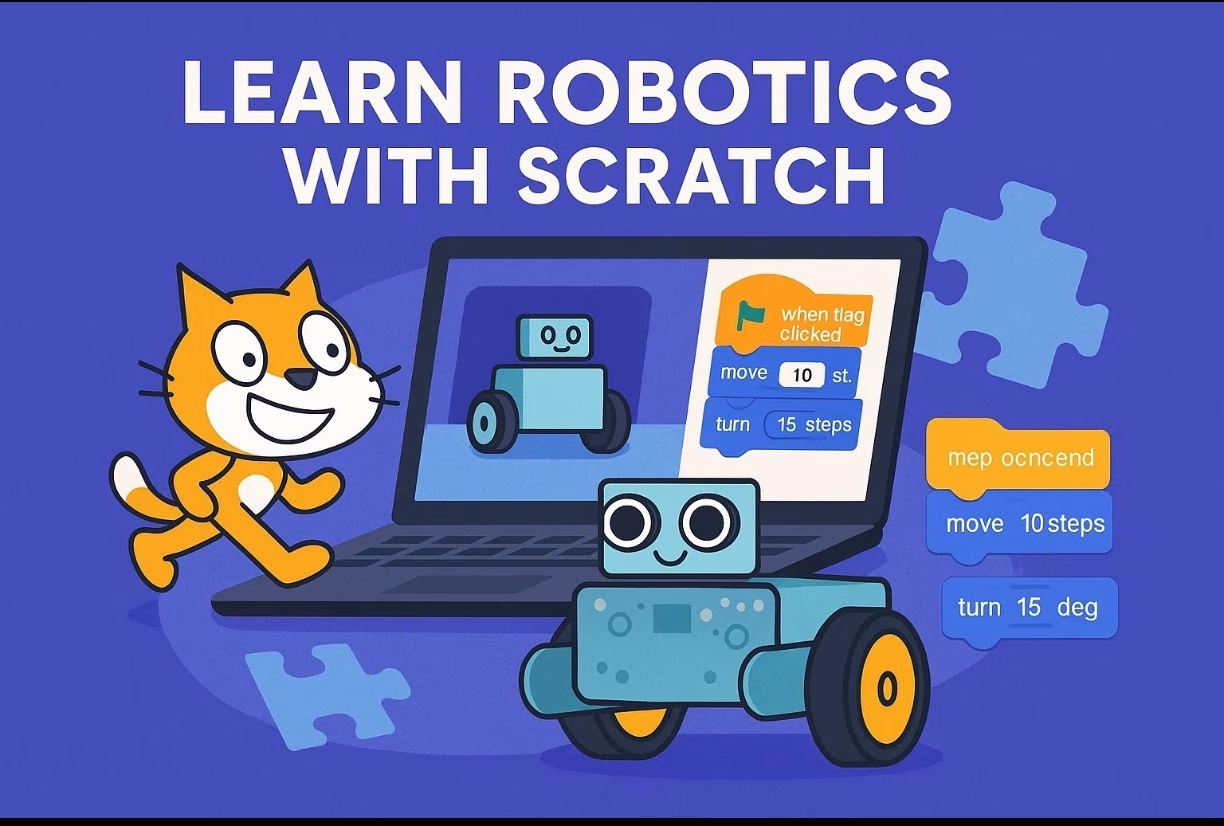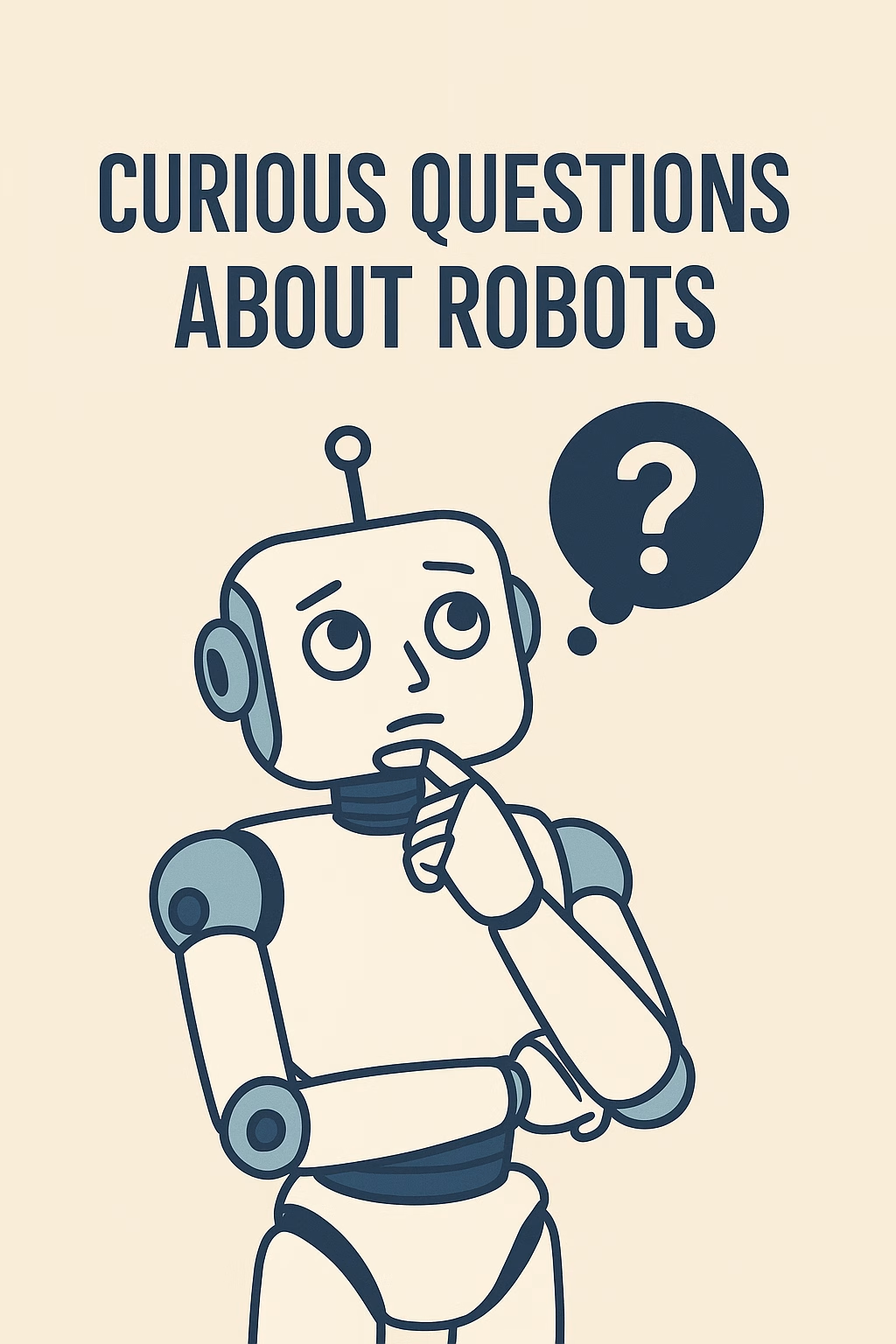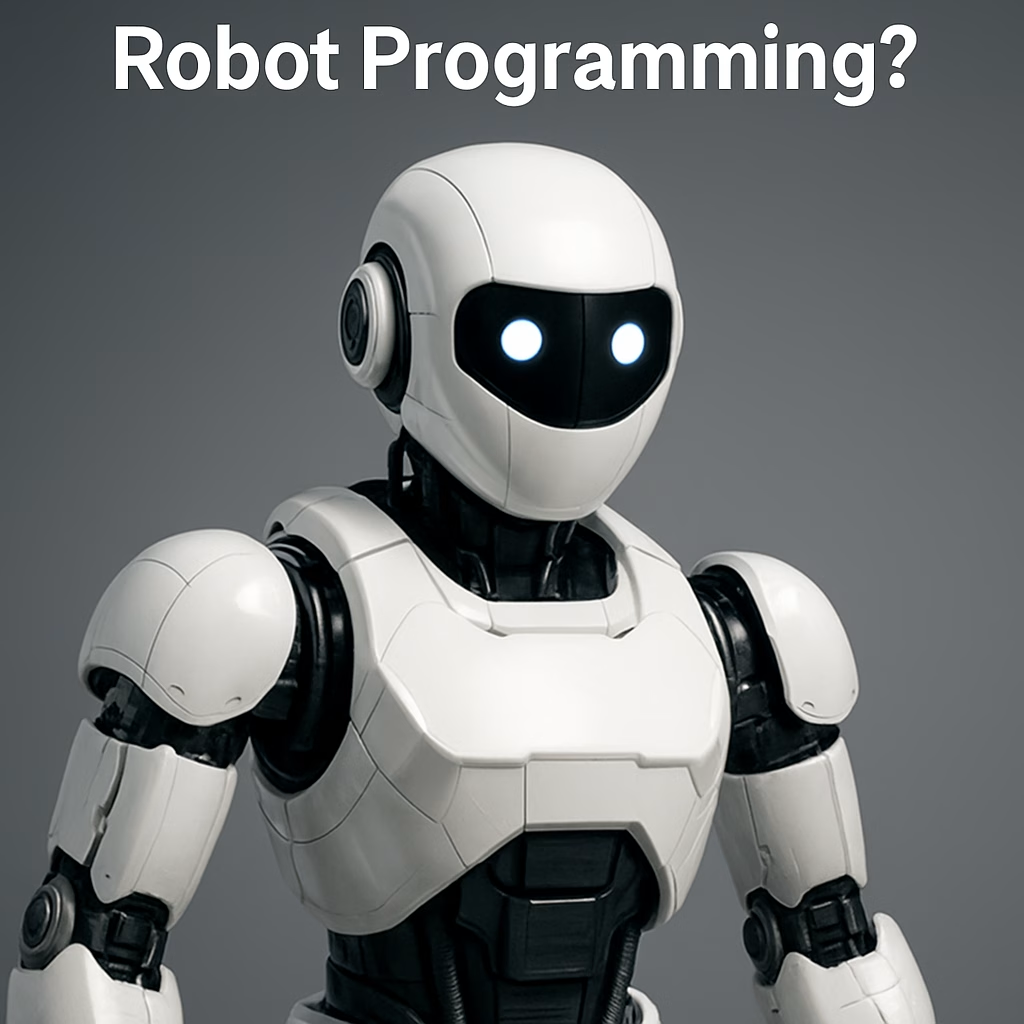Choosing the right programming language is one of the most critical decisions in robot development. Each language brings unique strengths, making it more suitable for specific types of robots, tasks, or environments. Whether you’re building a basic wheeled robot or an AI-powered robotic arm, your language of choice can drastically affect development speed, hardware compatibility, and system performance.
🏆 Top Programming Languages for Robotics
1. Python
Python is one of the most popular languages in robotics due to its simplicity and power.
- Excellent for artificial intelligence, computer vision, and simulations.
- Widely used in ROS (Robot Operating System).
- Fast prototyping and vast library support (OpenCV, TensorFlow, NumPy, etc.).
Best For: AI-powered robots, simulations, and control systems with Raspberry Pi or ROS.
2. C/C++
These are considered industry-standard languages for low-level control.
- Great performance for real-time systems.
- Required for most embedded microcontrollers (e.g., Arduino, STM32).
- ROS core is built using C++.
Best For: Real-time control, microcontroller-based systems, hardware interfacing.
3. Java
Although less common in hardware control, Java is:
- Useful in Android-based robotics (e.g., smartphone-controlled robots).
- Popular in educational kits like LEGO Mindstorms.
Best For: Android robotics, educational platforms, networked systems.
4. MATLAB
Used heavily in academic and research environments:
- Great for simulations and algorithm development.
- Integrated with Simulink for model-based design.
Best For: Research, data analysis, control systems, and kinematics.
5. Scratch / Blockly / mBlock
Visual block-based coding languages ideal for beginners:
- Drag-and-drop interface helps kids understand logic.
- Often used in educational robots (e.g., mBot, Ozobot).
Best For: Kids, beginners, STEAM education.
📌 Language Selection Guide
| Robot Type | Recommended Language(s) |
|---|---|
| Arduino-based Robot | C/C++ |
| AI Vision Robot (e.g., Face Detection) | Python |
| Android Phone Controlled Robot | Java |
| Simulation-Only Robot | Python, MATLAB |
| Education / School Projects | Scratch, Python |
| ROS-Based Robot | Python + C++ |
🔄 Combining Languages in Real Projects
Many advanced projects use hybrid programming. For example:
- C++ for real-time sensor and actuator control
- Python for high-level AI decision making
- JavaScript for web-based robot control interfaces
📚 Summary
No single language fits all needs in robotics. Your choice should depend on:
- Hardware (Arduino, Raspberry Pi, Jetson, etc.)
- Application (AI, automation, simulation, education)
- Your background and comfort level
Start with Python if you’re a beginner, then move to C/C++ as you build embedded skills. For educational robots or younger learners, go with Scratch or Blockly.
Share your thoughts in the comments and join the discussion on ROBOFORUM – the community for future-minded thinkers in robotics and AI!
Leave a comment and join the discussion. If you’re not already subscribed, please subscribe or log in.
